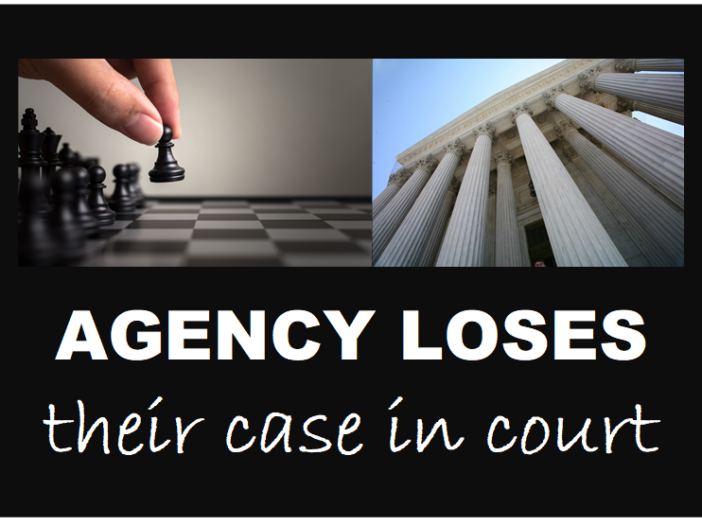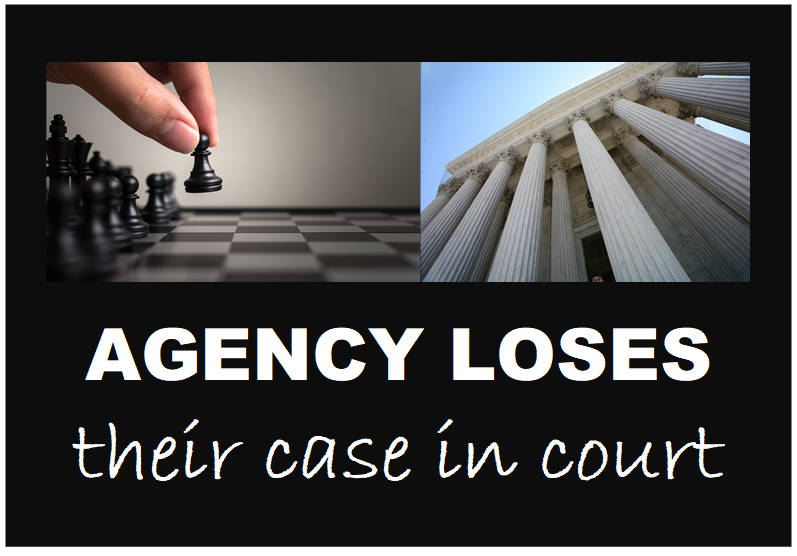
One of the best ways insurance agencies can protect themselves against errors and omissions (E&O) liability claims is to document all communications with clients regarding their coverage. Much to its detriment, a Michigan agency provides a classic illustration of why this is important. As so often happens, this mistake ruined a long-term client relationship.
The agency had obtained insurance for the owner of a trucking company since 1995. This individual also owned a material supply company. Early in 2016, the agency’s producer recommended to the insured that he switch to a carrier offering a less expensive commercial auto policy.
As is the case with many businesses with sizable fleets of trucks, the two businesses owned by this man added and deleted vehicles from its schedules regularly. According to the Michigan Court of Appeals opinion, he would ask to have all coverages except for Other Than Collision removed from a vehicle if it broke down or if he lacked a driver for it.

When the producer proposed the new auto policy, he included a 1994 Hendrickson truck in the vehicle schedule with the associated premium. At the time, the truck was registered in the name of the supply company and the insured did not have anyone to drive it for the trucking company. He therefore accepted the new quote but asked that the Hendrickson truck be removed.
However, by early May he thought he had found a driver. He asked the producer to add it to the new policy. The producer gave the request to an agency customer service representative (CSR) to handle. She issued a certificate of insurance as evidence of coverage on the truck, showing that coverage took effect on May 10 and was to end on the policy’s expiration date. The court opinion implied that she gave a copy of the certificate to the carrier’s underwriter.
The expected driver “fell through,” according to the opinion. Worse, the insured’s father died that month. It was only at the end of the month that a family member agreed to drive the truck for him. The insured re-registered the truck in the name of the trucking company and provided the certificate of insurance to the state government as evidence of coverage.
During this time, the carrier’s underwriter asked the CSR to provide a vehicle identification number (VIN) for the truck. On the same day that the family member started driving it, the CSR told the underwriter that the trucking company no longer wanted to insure it. She later claimed that she said this on the basis of a phone conversation with the insured’s manager. However, she neither confirmed the conversation in writing nor entered notes about it in the agency management system. The underwriter dropped the matter and did not issue an endorsement adding coverage.
Four months later, the truck struck another vehicle carrying six people. The appellate court’s opinion did not state how much the victims sought in damages. However, given their number it is reasonable to assume that the damages were probably $250,000 or more.
The insured’s claim for liability coverage was denied because the policy did not insure the truck. The insured sued the carrier and the agency. Because the facts were in dispute, the case went to trial. The judge believed the insured and ruled in their favor. Appeals followed.
The Court of Appeals unanimously upheld the verdict, finding that the agency failed to obtain the coverage the insured requested.
The insured had one version of events and the agency had another. If the CSR had written to the insured to confirm her understanding that they did not want coverage on the truck, they may have had a good defense against the insured’s claim. Even if she had just entered notes in the AMS about the conversation, that would have helped. Instead, the courts had to rely on competing memories. They found the insured’s memories to be very specific and therefore credible. The agency was liable.
Once again, the lesson is that agencies should document any conversation where an insured rejects coverage or asks for existing coverage to be removed. Written correspondence will always carry more weight than memory, and it can save an agency from an expensive court judgment.
















